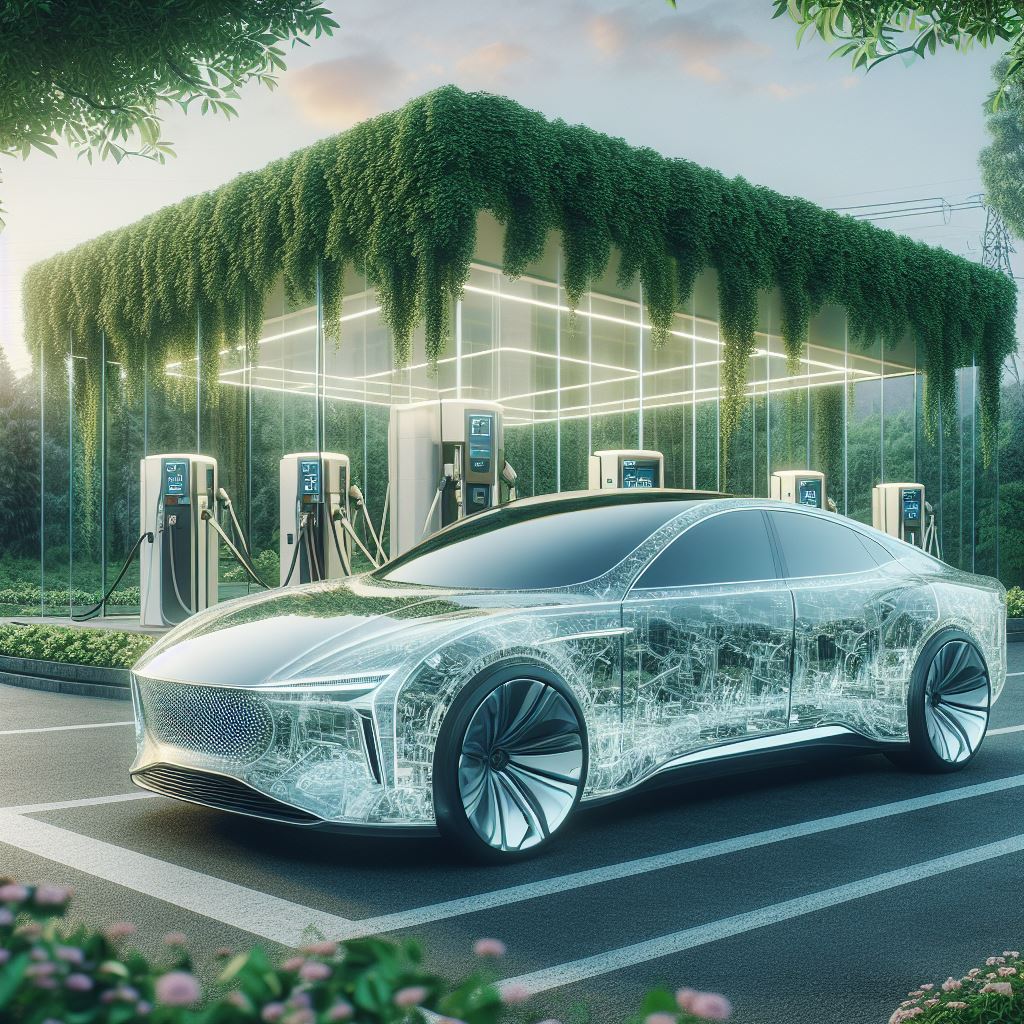Sustainability In the Luxury Car Industry
Mercedes Porsche Mechanic | Midtown Auto Repair | Sacramento
P. 916.382.7700
Sustainability In the Luxury Car Industry
Luxury car brands, traditionally associated with opulence and power, are steering into a greener future with an electrifying twist. As environmental concerns mount, these automakers are redefining luxury through cutting-edge electric vehicles (EVs), innovative hybrid models, and sustainable manufacturing practices, signaling a pivotal shift in the industry’s approach to eco-consciousness.
The electrification of luxury vehicles is at the forefront of this green revolution. Prestigious brands are launching all-electric models that promise not only zero emissions but also enhanced performance characteristics synonymous with luxury cars, such as superior acceleration and unparalleled quietness. For instance, names like Porsche with its Taycan, Mercedes-Benz with the EQS, and Audi with its E-Tron GT are showcasing that electric vehicles can be both environmentally friendly and exquisitely luxurious. These models offer cutting-edge technology, including advanced battery systems and regenerative braking, that pushes the boundaries of range and efficiency while maintaining the brands’ hallmark driving dynamics.
Hybrid models also play a crucial role in the transition towards sustainability. Luxury carmakers are increasingly adopting plug-in hybrid technologies that blend internal combustion engines with electric motors. This approach offers drivers the best of both worlds: the ability to drive short distances on electric power alone, significantly reducing daily emissions, while also having the flexibility of a conventional engine for longer trips. Brands like BMW with its i8 and Lexus with the LC 500h are leading the charge, demonstrating how hybrid technology can augment the driving experience with an eye towards reducing environmental impact.
Beyond the vehicles themselves, luxury automakers are also embracing sustainable manufacturing practices. From using recycled materials in the production of interiors to harnessing renewable energy sources in factories, these brands are looking at every aspect of the supply chain to minimize their carbon footprint. For example, Volvo’s commitment to climate neutrality by 2040 encompasses not just the electrification of its lineup but also the implementation of eco-friendly manufacturing processes.
In conclusion, luxury car brands are not just participating in the environmental movement; they are driving it forward with innovations in electric vehicles, hybrid models, and sustainable manufacturing. By integrating advanced technologies and eco-conscious practices, these automakers are proving that luxury and sustainability can go hand in hand, charting a course towards a more sustainable future for the automotive industry.


